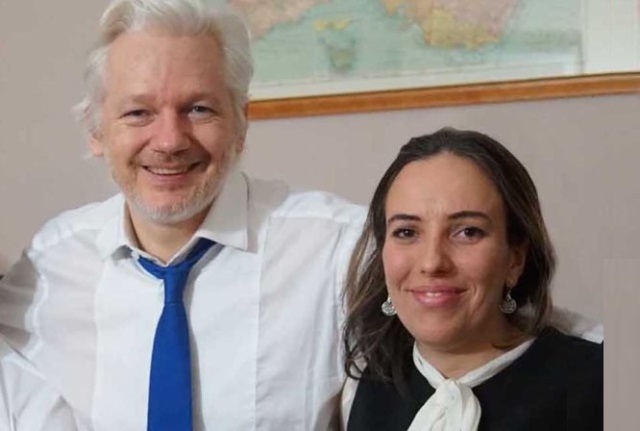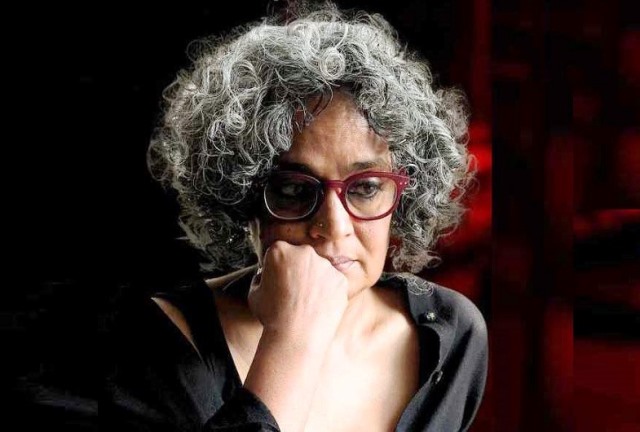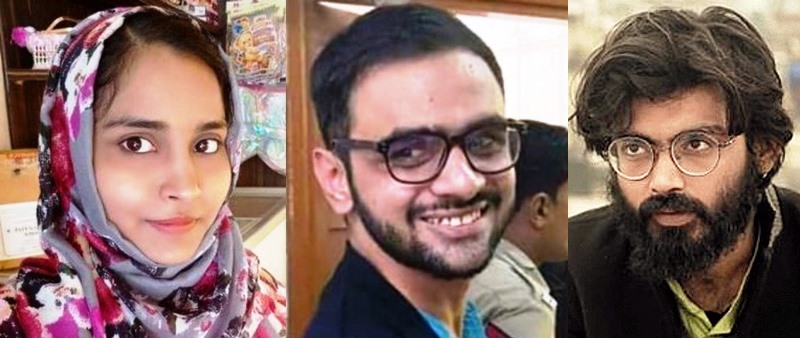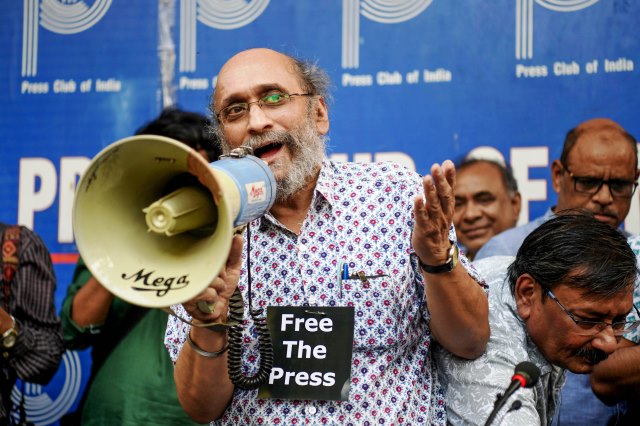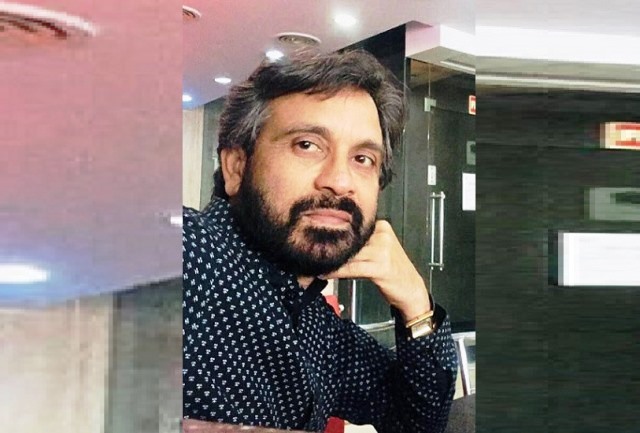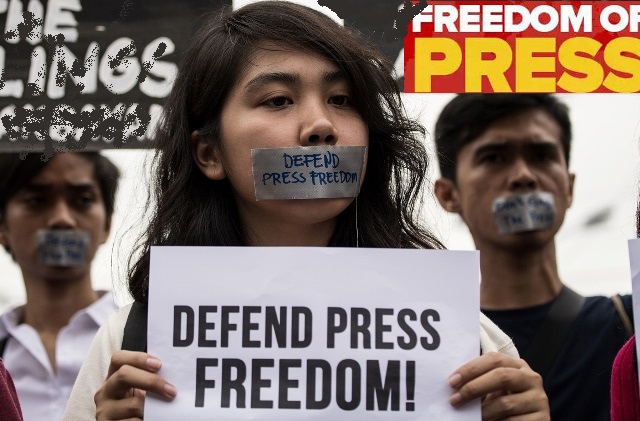“We were just crying and overcome by emotion, everyone was crying when we went into the lounge, everyone was crying and I’m still crying. It was… it was… indescribable and it was incredible.”
– Stella Assange, wife of Julian Assange
So what was the crime of Julian Assange? Why did he rot in prison, trapped, condemned, depressed, without sunlight and hope, for so many years? How come the ‘free democracies’ of the West chose to punish a young man who did nothing but restore the faith of society in the freedom of expression? And why did Chelsea Manning, an American army officer, as young, got equally condemned in solitary confinement in an American prison, for merely listening to his free conscience, and, thereby, giving away all the secret documents he could score on shady American operations in the Middle-East, especially in Iraq and Afghanistan, as much as elsewhere, as in the death-camps of Guantanamo Bay?
Perhaps in only one of the few acts of redemption, former US president, Barack Obama, did one ‘yes we can’ with Manning. In one of his last noble acts before remitting office, he allowed Manning to be free. For a man who let a predator-like Hillary Clinton, his secretary of state, to unleash mindless wars in Syria and Libya, a woman who laughed like a blood-thirsty hyena when Muammar Gaddafi was murdered by a mob on the streets, this was truly an act of solitary redemption.
Even till this day, he has remained mum on the genocide in Gaza, with his buddy, ‘Genocide Joe’, directly arming the bombing and maiming of over 40,000 civilians, including over 15,000 children. Some things just refuse to change when it comes to American foreign policy, and it does not really matter who is at the helm – the democrats, or, the republicans.
While there is an international hue and cry that Benjamin Netanyahu should be tried in an international court as a war criminal, there was an eerie silence when it came to the mass murders unleashed by former US president George Bush. Tens of thousands of Iraqis were murdered, first by NATO strikes, then in a bloody civil war which ravaged the country, in what was an endorsement of the fraudulent theory of ‘clash of civilizations’ hatched by Samuel Huntington.
This is exactly where Assange comes in and marks a rupture. Once a cyberpunk who professed total freedom on internet, the original dream-sequence of this new cyberspace, which has since then been usurped by sundry predator capitalists like Mark Zuckerberg, Assange is an anarchist-journalist. He believed that all anti-establishment information which a journalist gathers through his sources should be disseminated far and wide, without any checks and balances. Wisely, he also believed that he and the organization he had founded, WikiLeaks, should ally with mainstream media outfits, to spread this exclusive public interest information.
That all sourced information should be released without an editorial filter — that is perhaps one of the doctrines which found objections from certain editors of media organisations who became his partners in this project, such as ‘The Guardian’ of London. Among other things, this was also what landed him in trouble with the western authorities, especially the US.
ALSO READ: You Cannot Jail An Idea
When he founded WikiLeaks he believed that the State apparatus in a democracy should be accountable, that it cannot be secretive in its dealings with its citizens. He also believed that if the State is doing compulsive and all-round surveillance on its unsuspecting citizens, then it has no right to exist. It must go.
This is the same doctrine which propelled another young whistle-blower, now in exile in Russia, to thoroughly expose the democracy in America by proving, with evidence, that citizens in this country were under the surveillance of the ‘Deep State’, and they just cannot do anything about it. Edward Snowden, in alliance with journalist Glen Greenwald, released this explosive evidence in the web-edition of the ‘Guardian’. The entire American establishment found itself in a soup.
Snowden had to pay a heavy price, a phenomenon similar to independent journalists in India under the current Neo-Nazi regime in Delhi – though nothing comparable to what he or Assange did — happened in contemporary India. He escaped to Hong Kong. And, then, spent several years hiding in transit, in an airport in Moscow.
So, what was the crime of Assange?
He effectively exposed that the war in Iraq, unleashed by Bush, Dick Cheney, Donald Rumsfeld, Condoleezza Rice and Colin Powel, had nothing to do with resurrecting the seeds of a democracy in a totalitarian regime. It was clearly a ‘blood for oil’ war, with Cheney and Bush, reportedly, having direct interests in multinational oil companies like Bechtel and Halliburton. And, thereby, began the ravaging of Iraq, the hanging of Saddam Hussain, and the mass murder of millions across the ancient rives of Euphrates and Tigris.
Did they find any ‘Weapon of Mass Destruction’? Did they find chemical or biological weapons? Did they find any war planes ready to unleash a flood of bombs? So, what did they find?
Nothing!
That is why the phenomenon of ‘embedded journalism’ was hatched by the West, whereby not one drop of news could be wired without it being censored by the military establishment in the war zone. That is, all journalists had to be embedded with the military so as to report from the ground. Almost all western media outfits succumbed – including the likes of BBC. No wonder, Al Jazeera, though headquartered in Qatar, had to face the brunt of choosing to stay independent.
Grave adversity and crisis, inevitably, creates its parallel cinema. Hence arrived the box office star of Salam Pax. Probably a young girl, she reported from the heart of Baghdad, amidst the rubble and the ruins, the dead and the dying, the bombs and the fires of hell! She reported, nevertheless, without hope, but undying objectivity and resilience, unafraid, fearless. She reported! Every day. Without fail.
When almost the entire big media had sold its soul in the West, like in India these days, it is this parallel stream of consciousness which became the scaffolding of the alternative media. The National Public Radio (NPR) and Democracy Now run by Amy Goodman in America, became the new anchors of authentic, impartial news. Run by public money, independent of political or corporate links, they reported as authentically as they could, given the circumstances. The American establishment hated them.
As they did, the Blogger of Baghdad!
Since then, it has been a long and hard journey. Very, very hard. It seemed impossible that Assange would ever see the sun or the moon. At the Ecuadorian embassy in London, where a Left government in Ecuador had given him shelter, he did not see sunlight for months. In the prison, he seemed to be trapped in eternal darkness.
However, human will and resilience too is infinite. His wife led the international campaign – Free Assange! Writers, actors, journalists, students, women’s groups – people joined in what was an eternal ‘virtual march’ for Julian on social media. Celebrities came out in support. The American and British regimes came under great pubic pressure. Australian Prime Minister Anthony Albanese, once again, renewed unwavering support for the freedom of ‘Citizen Assange’.
More than 100 journalists dead, while reporting and clicking pictures in Gaza. More journalists have now dared to enter the vast graveyards through Rafah, doing what they should be doing. Thousands of students are up in arms in America and Europe against the Israeli war machine, the sinister Jewish lobby, and ‘Genocide Joe’ – tottering, doddering, faltering.
In countries like India, the independent media and other institutions are under siege, dissenters are in prison, including brilliant Muslim students, crony-capitalists call the shots, and corruption rules supreme – as in a banana republic. On top of it presides a fake non-biological prophet, wallowing in megalomania, despite having lost the mandate!
Hence, the freedom for Julian is more than a freedom of expression. It is a crack in the cracked mirror. It is a trickle of light amidst the dense darkness at noon. It is the belief, that if you are right, and resilient, on the side of truth, you shall overcome– come what may!
For more details visit us: https://lokmarg.com/
